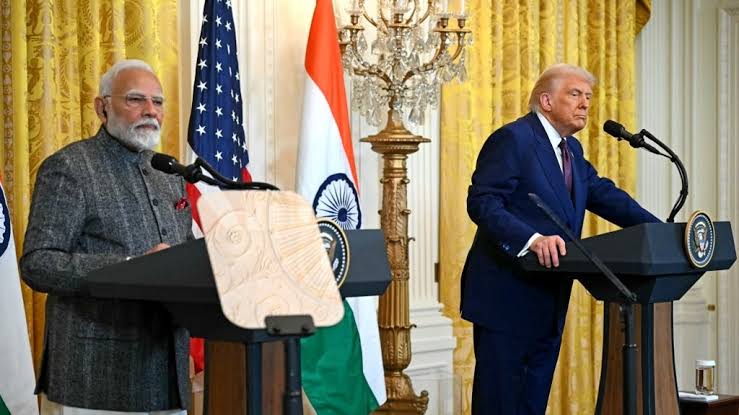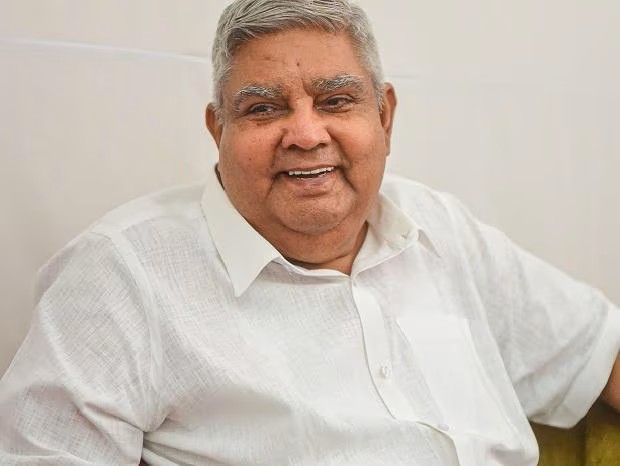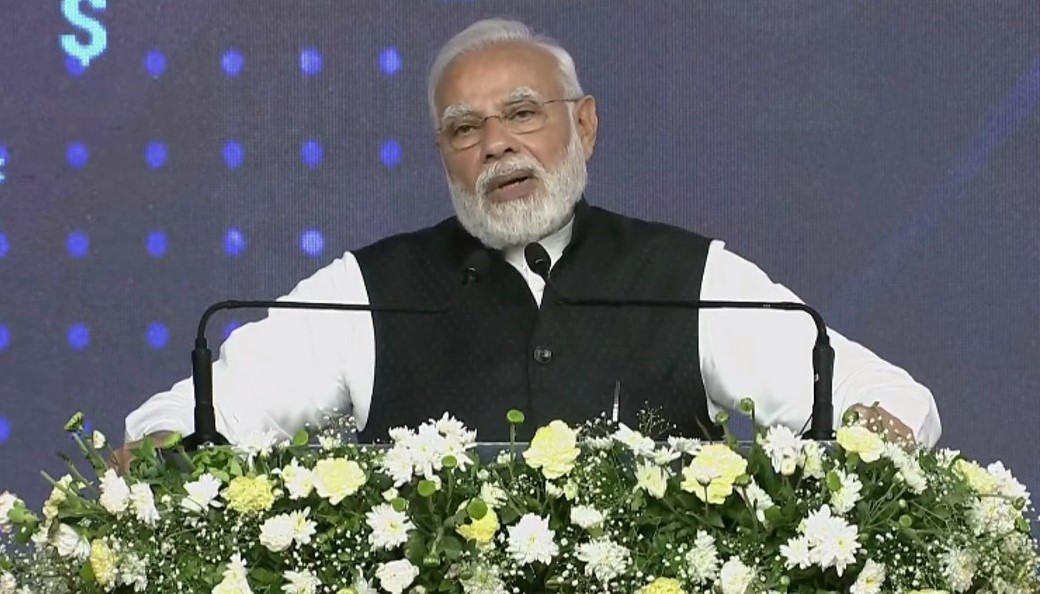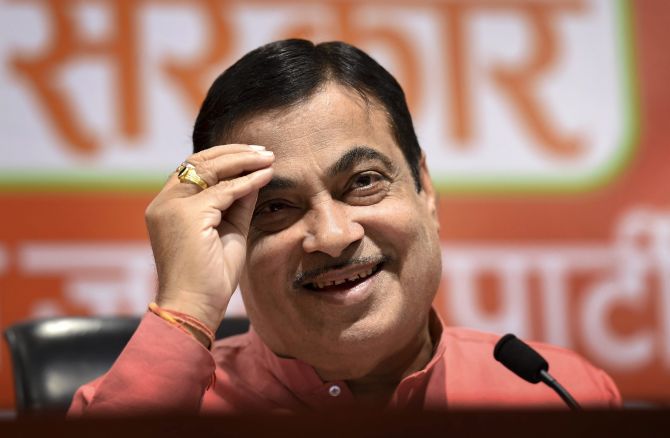During a recent interview, former U.S. President Donald Trump reflected on his discussions with Indian Prime Minister Narendra Modi regarding trade tariffs. Trump, known for his firm stance on economic policies, recounted how he had raised concerns about India’s 100% tariffs on certain goods, particularly auto imports. He described the tariff structure as “very unfair” and emphasized that the U.S. would enforce reciprocal tariffs in response.
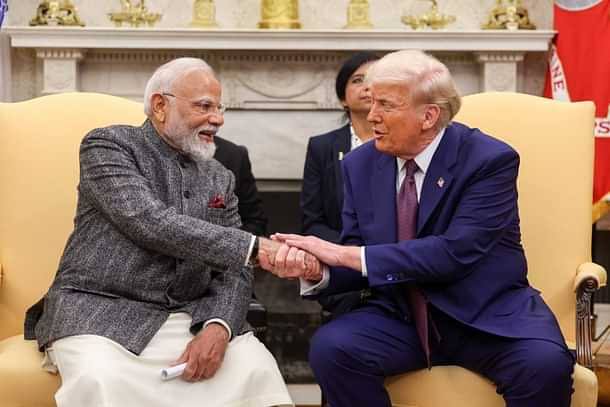 Trump’s remarks came during his first-ever joint televised interview with billionaire entrepreneur Elon Musk. Musk, who has previously expressed concerns about high import duties in India, supported Trump’s views on trade imbalances. The discussion shed light on the complexities of U.S.-India trade relations, a topic that has been a point of negotiation between the two nations for years.
Trump’s remarks came during his first-ever joint televised interview with billionaire entrepreneur Elon Musk. Musk, who has previously expressed concerns about high import duties in India, supported Trump’s views on trade imbalances. The discussion shed light on the complexities of U.S.-India trade relations, a topic that has been a point of negotiation between the two nations for years.
The conversation between Trump and Modi, as recalled by the former U.S. president, highlighted a moment of disagreement. Trump stated that when he raised the issue of tariffs, Modi responded by saying, “I don’t like that.” Despite this, Trump maintained that fair trade practices were essential and that the U.S. would not hesitate to implement measures to balance the economic playing field.
India’s tariff policies have been a subject of debate among global trade experts. While the Indian government has defended its import duties as necessary for protecting domestic industries and boosting local manufacturing, foreign investors and trade partners have often expressed concerns about market access. Under Modi’s leadership, India has taken steps to promote its “Make in India” initiative, encouraging companies to manufacture products domestically rather than relying on imports.
Trump’s comments come at a time when global trade dynamics are evolving, with countries reassessing their economic strategies post-pandemic. His remarks could signal potential shifts in U.S. trade policies, especially if he makes a return to political office. For now, the debate over tariffs remains a crucial factor in shaping the future of U.S.-India trade relations.

